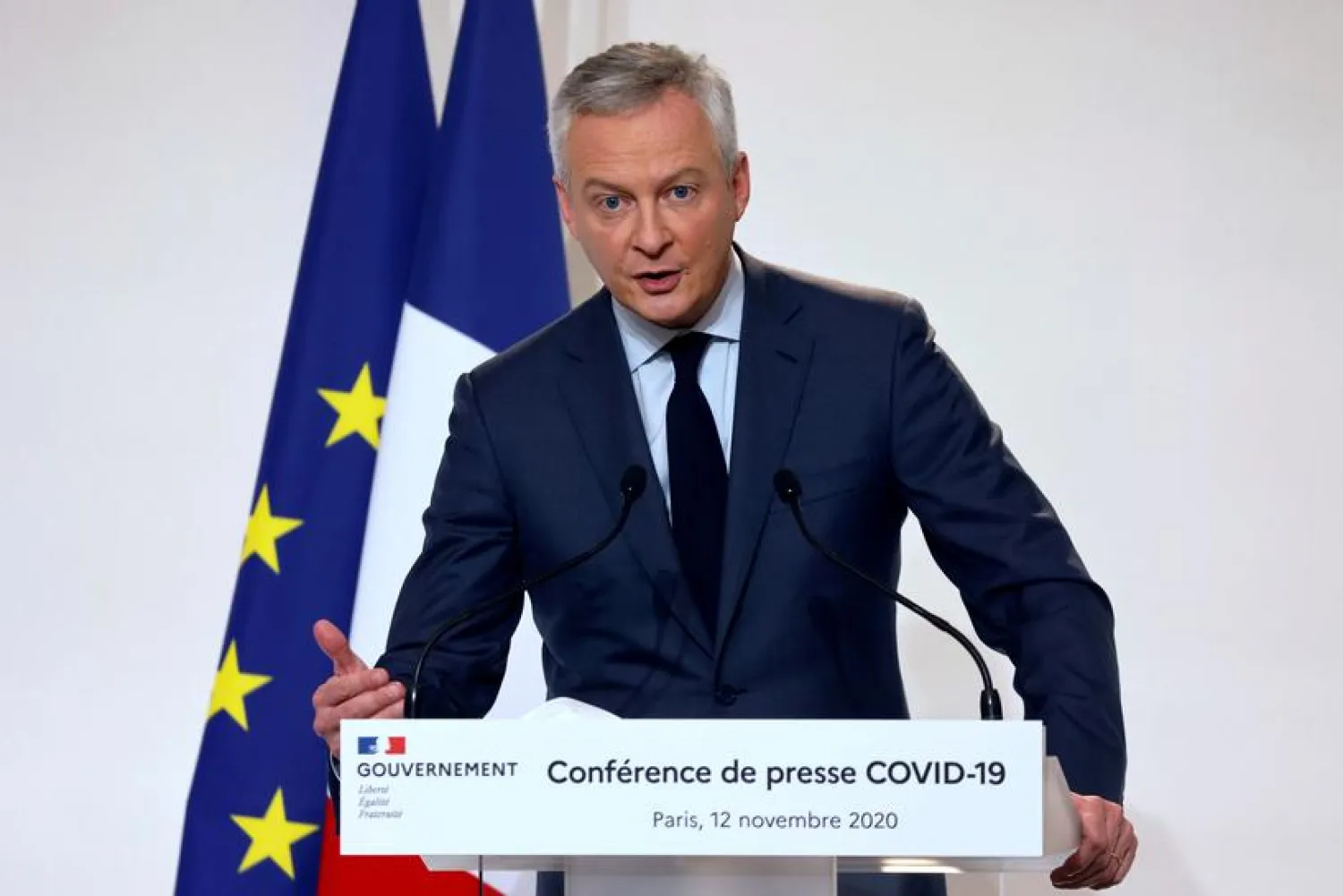European Union Brexit negotiator Michel Barnier said on Monday that sealing a trade pact with Britain was still possible before the country's final break with the 27-nation bloc on Dec. 31 but the next few days of negotiations would be critical.
A senior EU diplomat who attended a closed-door briefing by Barnier on the state of play in Brussels said the tortuous trade talks could collapse but for now "the patient is still alive".
"There might now be a narrow path to an agreement visible - if negotiators can clear the remaining hurdles in the next few days," another EU diplomat said, adding that success depends on London accepting "inherent trade-offs" for a fair deal.
Despite missing multiple deadlines, Britain and the EU agreed on Sunday to "go the extra mile" to try to break deadlocks on access to UK fishing waters for EU trawlers and corporate fair play rules in order to avert a turbulent split in trading ties at the end of the month.
"It is our responsibility to give the talks every chance of success," Barnier said in a tweet after his meeting with EU national envoys, adding "the next few days are important" if a trade deal is to be in place for Jan. 1.
Going into the meeting, he told reporters that differences over free and fair competition and access to markets and fishing waters still stood in the way of an agreement.
"And it's on these points that we haven't found the right balance with the British. So we keep working," he said.
The estranged allies are racing to seal a new partnership deal to carry on trading freely and govern ties from energy to transport beyond Dec. 31, when Britain leaves the EU's single market and customs union after Brexit.
Senior EU diplomats, who spoke under condition of anonymity after taking part in Barnier's closed-door briefing, said the negotiator relayed some limited progress on how to settle any future trade disputes but was "guarded" on prospects for a deal.
The sides remained at odds over state aid provisions and have moved further apart again on fisheries, with the EU rejecting UK's proposal for a three-year transition period from 2021 on access to British waters, they said.
"Patient still alive...but keep the undertaker on speed dial," said one diplomat on how the talks were going.
Britons voted to leave the world's largest trading bloc in a national referendum in 2016, and pro-Brexit politicians had claimed on several occasions that reaching a deal would be easy.
While gaps have been narrowing after seven months of talks, it was not clear if Britain and the EU would be able to clinch an agreement with less than three weeks left, or face economic damage from a no-deal from Jan.1.
That would harm an estimated trillion dollars worth of annual trade, send shockwaves through markets, snarl borders and sow chaos in supply chains across Europe just as the continent struggles with economic havoc wrought by the COVID-19 pandemic.
"FOLLY"
French Finance Minister Bruno Le Maire said on Monday Britain has the most to lose from Brexit.
"The British people will be the biggest losers from Brexit," he said, calling Brexit "a political, economic and historical folly".
In London, British business secretary Alok Sharma said the EU and the United Kingdom were still apart but Prime Minister Boris Johnson did not want to walk away yet.
"People expect us, businesses expect us in the UK to go the extra mile and that's precisely what we're doing," he told Sky.
Sharma also said British shoppers worried about a failure to secure a trade deal should not stockpile food and he was confident food supplies would be maintained.
The British Retail Consortium said retailers were doing everything they could to prepare for all eventualities on Jan. 1 - increasing their stocks of tins, toilet rolls, and other longer-life products so there would be sufficient supply of essential products. It also warned of higher prices without a deal.









